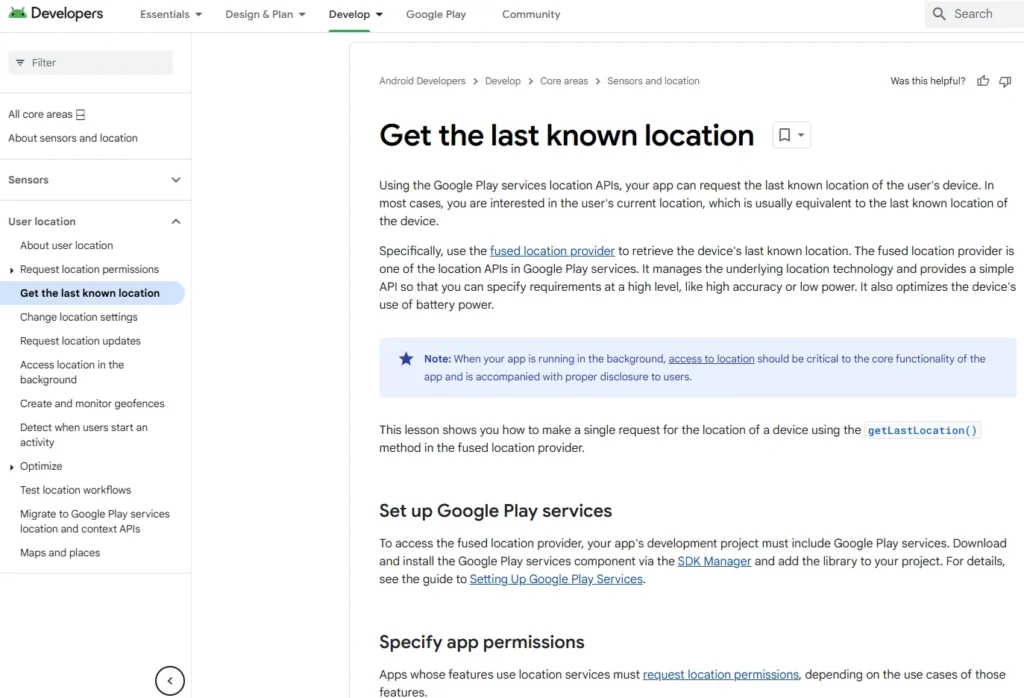Table of Contents
In this section, we will explore the privacy and anonymity concerns related to using search engines and their various services.
Privacy Issues with Search Engines
- Logging User Activity:
- Search engines often log user activity, which includes tracking your search queries, time spent on results, and other interactions.
- Tracking Mechanisms:
- Various methods are employed by search engines to track users, such as cookies, IP addresses, and browser fingerprints. These mechanisms help them create detailed profiles of user behavior.
Censorship and Data Sales
- Censorship:
- Search engines may censor or filter results based on your search history or location, potentially limiting the information you can access.
- Selling User Data:
- Many search engines monetize their services by selling user data to third parties, including advertisers and marketers. This raises significant privacy concerns as personal data can be used for targeted advertising and profiling.
Preventive Measures
- Understanding Tracking:
- Being aware of how search engines track you is the first step in protecting your privacy.
- Utilizing Privacy Tools:
- Consider using privacy-focused search engines that do not track users, such as DuckDuckGo or Startpage.
- Using browser extensions that block trackers and ads can also enhance your privacy online.
- Adjusting Privacy Settings:
- Regularly review and adjust the privacy settings of your search engine accounts to limit data collection.
- Using VPNs:
- A Virtual Private Network (VPN) can help mask your IP address, adding an extra layer of anonymity while browsing.
Understanding the privacy and anonymity issues associated with search engines is crucial for safeguarding your personal information. By taking proactive measures, you can reduce the likelihood of being tracked and your data being sold.
Online Search Engines and Privacy Issues
We will discuss how search engines operate, how they track users, and the implications for privacy and data security.
Major Players in the Search Engine Market
- Dominant Search Engines:
- Google is the leading search engine, commanding nearly 70% of global searches, followed by Bing and Baidu. Baidu is the primary search engine in China.
- Regional Variations:
- Different countries may have their own dominant players. For instance, Russia’s leading search engine is Yandex.
The Multifaceted Nature of Search Engines
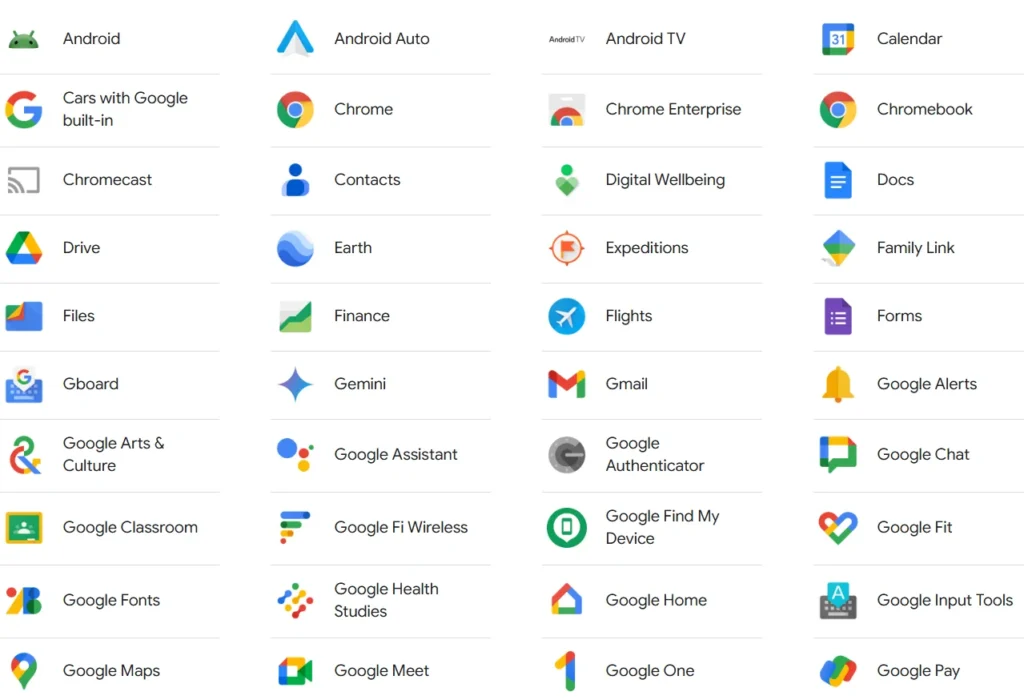
- Beyond Just Search:
- Search engines like Google offer a multitude of services beyond search functionalities, including YouTube, Gmail, Google Maps, and more. This extensive integration allows them to track users across different platforms and services.
- Tracking Methods:
- Google employs various methods for tracking users, including cookies and Google Analytics, which are embedded in many websites. This means that even when users are not on Google’s site, their activities can still be logged.
Data Accumulation and Corporate Agreements
- Data Collection:
- Google logs searches and associates them with user profiles. Even if you are not logged into Google, persistent cookies can still identify your browser.
- Corporate Partnerships:
- Google maintains corporate agreements with other websites to gather more data about users, aiming to create more effective advertising strategies.
Privacy Concerns
- Information Storage:
- Google retains search history and identifiable user information indefinitely, which raises concerns about data privacy and potential misuse.
- Legal Issues:
- Data collected by search engines could be accessed through legal means such as subpoenas or court orders, which can create risks for users.
Censorship and Filtering
- Corporate Censorship:
- Search engines may manipulate or customize content based on user history, leading to a phenomenon known as the “filter bubble,” where users are shown tailored results that can limit their information exposure.
- State-Sponsored Censorship:
- Nation-states may also censor search results, as seen in cases like China blocking sensitive topics from search results.
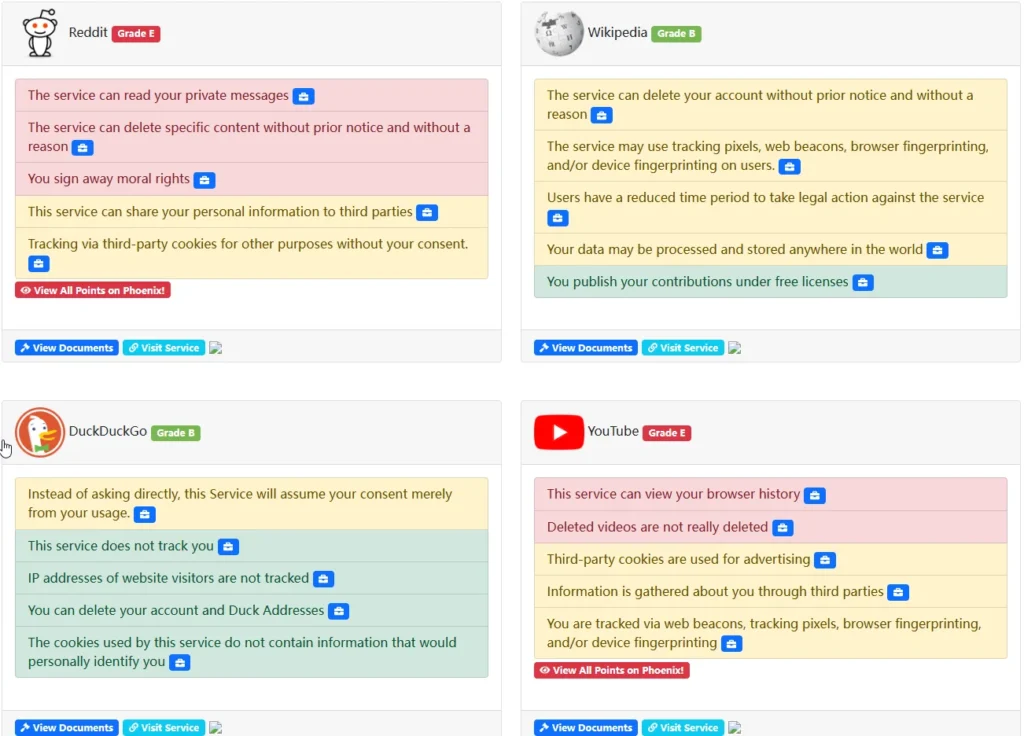
Summary
- Surveillance and Tracking:
- Search engines track users and can invade privacy, often using personal data to monetize their services. Users should be aware of the implications of using these free services.
- Future Considerations:
- As search engines evolve, they will continue to seek new methods for data collection, and users need to be vigilant about their privacy and the potential for surveillance.
Alternative Search Engines for Privacy Protection
Let’s explore some alternative search engines that prioritize user privacy, help maintain anonymity, and bypass censorship.
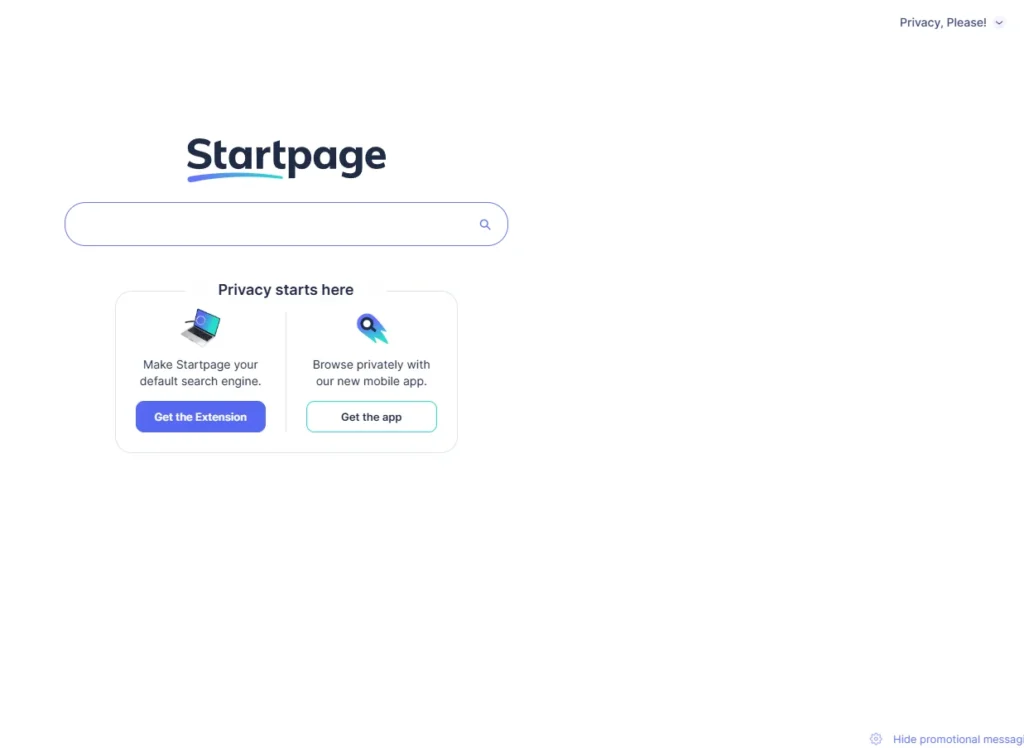
Introduction to Alternative Search Engines
- startpage.com:
- Both of these search engines are operated by the same company based in New York and the Netherlands. Since around 2009, they have focused on protecting user privacy, recognizing the market demand for privacy-focused solutions.
- Privacy Commitment:
- StartPage is dedicated to ensuring that your search information cannot be linked back to you. Their privacy policy details that they gather very limited and non-personal information, and they do not record or share your IP address.
Understanding ixquick and StartPage
- StartPage:
- StartPage also functions as a meta search engine but specifically fetches results from Google. This allows users to benefit from Google’s search results without being tracked by Google itself.
- Preference:
- Many users prefer StartPage because it provides Google’s search results while maintaining a higher level of privacy.
Privacy Considerations
- Tracking Risks:
- When visiting a site that has embedded Google code (like analytics or social media buttons), Google can still identify your browser through cookies. Even when using ixquick or StartPage, if you navigate to a site with Google code, you might still be tracked.
- Proxy Feature:
- Both ixquick and StartPage offer a proxy feature that allows users to access search results through their servers, which can help prevent tracking by masking your IP address.
Performance and Limitations
- Speed:
- Alternative search engines generally operate slower than Google, which can be a disadvantage for users accustomed to instant results.
- JavaScript Issues:
- Some websites that rely heavily on JavaScript may not function properly when accessed through the proxy. For example, while Wikipedia may work fine, sites dependent on JavaScript may have issues.
Monetization and Cookies
- Revenue Model:
- These search engines do not store or sell personal data. Instead, they generate revenue by displaying sponsored results, earning a fee when users click on these links.
- Cookies:
- StartPage requires a single cookie called “preferences,” which remembers user preferences for future searches but is deleted if the user does not visit for 90 days.
Security Features
- TLS Encryption:
- It’s crucial for these search engines to use strong encryption. Tools like SSL Labs can be used to verify their security, and StartPage has received an A+ rating for its encryption practices.
- Integration with Anonymizing Services:
- While they do not have a TOR onion address, these search engines can work with anonymizing services like TOR and VPNs.
DuckDuckGo: A Privacy-Focused Meta Search Engine
DuckDuckGo is an alternative search engine that emphasizes user privacy and anonymity. Let’s explore its features and how it operates.
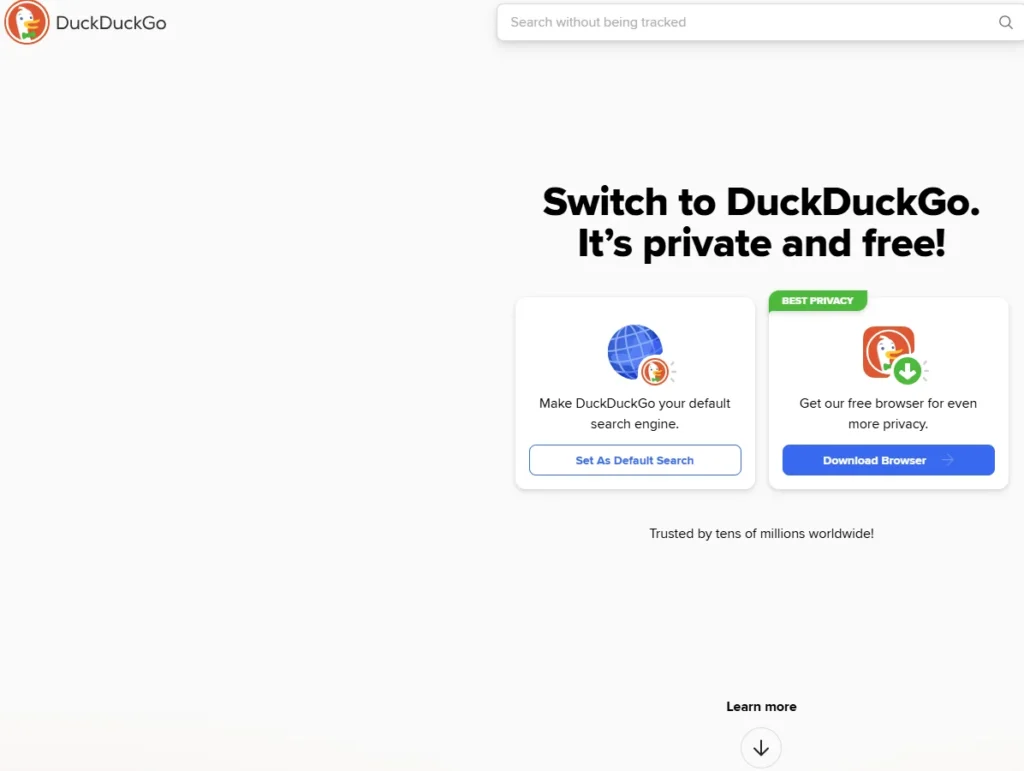
Overview of DuckDuckGo
- Company Background:
- DuckDuckGo is based in the United States and has always focused on privacy as its core mission.
- Search Sources:
- The search results are aggregated from multiple sources, including Yahoo!, SearchBoss, Wikipedia, WolframAlpha, Bing, and its own web crawler called DuckDuckBot.
- Privacy Mechanism:
- Like other meta search engines, DuckDuckGo prevents the search engines it utilizes from monitoring your searches by aggregating results.
Tracking and Privacy Concerns
- Potential Tracking:
- Once you navigate to a website that contains Google code (like Google Analytics or social media buttons), Google may still be able to identify and track you.
- Example with Forbes:
- If you search for something on DuckDuckGo and then click on a link to Forbes, Google can still track your visit because Forbes may contain Google scripts.
- Cookie Management:
- To avoid being tracked by Google, it’s essential to clear your cookies and browsing history regularly.
Privacy Policy of DuckDuckGo
- Commitment to Privacy:
- DuckDuckGo’s privacy policy states that they do not collect or share personal information. They claim not to store IP addresses or user information and only use cookies when necessary.
- Search Term Logging:
- While DuckDuckGo does not track personal data, they do maintain logs of all search terms used.
- Business Model:
- The platform primarily generates revenue through affiliate sales to Amazon and eBay. They may run limited ads but emphasize protecting user privacy.
Security Features
- TLS Encryption:
- DuckDuckGo uses TLS encryption, which has received an A+ rating from SSL Labs for its security measures. The TLS cipher suite includes strong algorithms for data security.
- Access via Tor:
- DuckDuckGo is available as a hidden service within the Tor network, providing an extra layer of anonymity and security.
- HTML-Only Version:
- They offer an HTML-only search version that is beneficial for users requiring maximum security, especially when using the Tor browser.
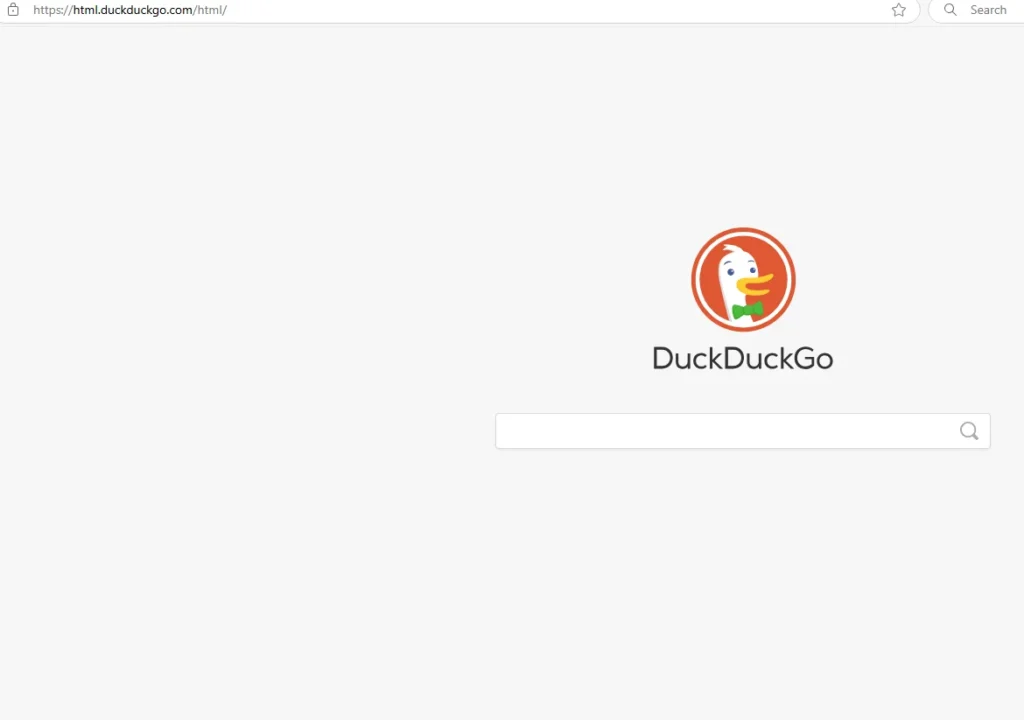
User Options
- Mobile Apps:
- DuckDuckGo has apps available for both iPhone and Android users.
- Browser Integration:
- Users can install a plugin or simply set DuckDuckGo as their default search engine in the browser without needing to download the entire plugin.
Disconnect: A Privacy-Focused Meta Search Engine
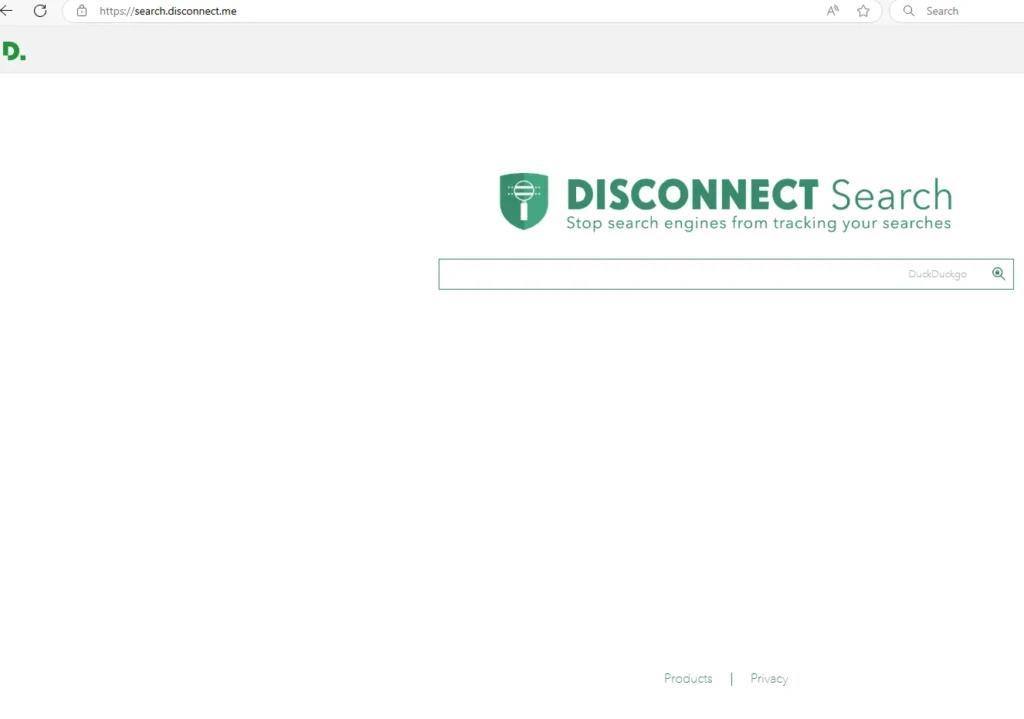
Disconnect is a privacy-focused search engine founded by former Google employee Brian Kenish and consumer rights attorney Casey Oppenheim. Let’s delve into what Disconnect offers and how it prioritizes user privacy.
Overview of Disconnect
- Company Origins:
- Founded by ex-Googler Brian Kenish and attorney Casey Oppenheim, Disconnect focuses on providing private browsing and search functionalities.
- Search Functionality:
- Disconnect Search is a meta-search engine based in the United States. It aggregates results from various search engines, including Google, Yahoo!, Bing, Blenco, and DuckDuckGo.
Privacy Policies
- No Logging Claims:
- Disconnect claims not to log any search keywords, personal information, or IP addresses after routing queries through its servers. This is designed to prevent search engines from monitoring user searches.
- Tracking Limitations:
- However, if you visit a site with Google code (like analytics or social media buttons), Google can still identify and track you. This is a common issue with all meta-search engines due to how cookies work.
- Cookies Usage:
- Disconnect uses cookies primarily for language preferences but emphasizes that they do not track personal data.
Security Features
- TLS Encryption:
- Initially, Disconnect had weak cipher suite configurations, which posed a security risk. They used TLS with Diffie-Hellman RSA and a 128-bit AES key, which was not optimal for a security-focused search engine.
- Improvements Made:
- After addressing security concerns, Disconnect now boasts an A rating from SSL Labs, utilizing modern encryption standards, including elliptical curve Diffie-Hellman and AES 128-bit in GCM mode with SHA256 for integrity and forward secrecy.
User Experience
- Performance:
- Disconnect Search is generally slower than Google and may occasionally return incorrect results. However, it is a viable alternative for users prioritizing privacy.
- Access Methods:
- Users can access Disconnect Search through a dedicated webpage, browser extension, and mobile/desktop applications. The company encourages using the extension for a better experience.
- Search Engine Flexibility:
- Disconnect allows users to choose their preferred search engines, including the ability to open results in a private Firefox window to avoid logging cookies and browser history.
Integration with Tor
- Default Search Engine:
- Disconnect has become the default search engine for the Tor browser, providing private Google search results to Tor users without intrusive captures or ads.
Disconnect offers a robust option for users looking for privacy-centric search capabilities. While it may not match Google in speed or efficiency, its commitment to user privacy and security makes it a strong contender among alternative search engines.
Yacy: A Distributed Open Source Search Engine

Yacy is a unique type of search engine that operates as a free, open-source application. Developed by Michael Christian from Germany, it offers a different approach to searching the web. Let’s explore its features and how it works.
Overview of Yacy
- Development and Installation:
- Yacy is developed by Michael Christian and is available for Windows, Linux, and Mac. You can download and install it on your machine.
- Local Proxy:
- Once installed, Yacy creates a local proxy on your machine (default ports are 80 and 90) that you connect to through your browser. The interface resembles that of typical search engines.
- Search Capability:
- It allows you to conduct searches similar to traditional search engines, but it can also be configured to index your internal network or specific websites.
Unique Features of Yacy
- Distributed Search Engine:
- Yacy functions as a distributed or peer-to-peer search engine. It connects a network of users running their own Yacy instances, which crawl the web and create a shared index of websites.
- Decentralization:
- Unlike centralized search engines that store searches on a single server, Yacy has no centralized authority. This means that searches are not linked to your identity, enhancing user privacy.
- Security Advantages:
- Centralized search engines are vulnerable to security breaches. For instance, if a platform like Google were compromised, user searches would also be exposed. Yacy, being decentralized, does not have a single point of failure, making it more resilient to such attacks.
- Censorship Resistance:
- Yacy is less susceptible to censorship than traditional meta-search engines, which rely on results from specific source engines. If those sources are censored, the results will reflect that. Yacy’s shared index is immune to this kind of censorship.
Limitations of Yacy
- Accuracy Issues:
- Because Yacy operates without a central authority, the accuracy of its search results may not be as high as those from centralized engines like Google or Bing.
- Community Support:
- The effectiveness of Yacy improves with more users. It has the potential to become very accurate, but it needs a supportive community to thrive.
- Lack of Encryption:
- Communication within Yacy is not encrypted. Therefore, to ensure privacy and anonymity, users should employ additional anonymizing services like VPNs or Tor.
Getting Started with Yacy
- Web Demo and Installation:
- While there is a web demo available, the full experience requires installing the Yacy client. There are also useful YouTube videos that provide guidance on installation and usage.
- Further Exploration:
- Yacy can be a valuable tool if you’re interested in a decentralized search engine experience. Check it out if you value privacy and community-driven technology.
Yacy represents a new approach to web searching through its distributed architecture. Although it comes with certain limitations, its focus on decentralization and privacy makes it a noteworthy alternative to conventional search engines.
Protecting Your Privacy While Using Search Engines
In today’s digital landscape, it’s crucial to understand how search engines handle your data and the steps you can take to protect your privacy. This section outlines the potential risks and offers practical advice on maintaining anonymity online.
Trusting Search Engines
- Surveillance and Privacy Policies:
- Users must trust that search engine companies adhere to their privacy policies. However, due to surveillance efforts and gag orders, it’s hard to know what companies are truly doing with your information.
- Nation-State Monitoring:
- Even if a search engine does not log your data, a nation-state adversary may still monitor your searches.
Basic Privacy Protection Tips
- Enable Private Browsing:
- Use the private browsing feature in your web browser to avoid storing browsing history.
- Use HTTPS:
- Always ensure that websites you visit use HTTPS for a secure connection.
- Switch Search Engines:
- Consider using privacy-focused search engines like iXquick, Startpage, DuckDuckGo, Disconnect, or Yacy. These services help protect against tracking by major search engines and casual observation from ISPs or government entities.
Advanced Privacy Measures
- Hardened Browsers and Anonymizing Services:
- For better privacy and anonymity, utilize a hardened browser alongside anonymizing services. This combination, along with privacy-conscious search engines, can significantly reduce the risk of data invasion.
- Understanding Yacy:
- Yacy is a distributed search engine without a central authority, making it difficult for adversaries to snoop on users. However, it does not support HTTPS, so it’s essential to use anonymizing services for enhanced privacy.
Checking Your Data with Google
- Review Logged Information:
- If you use Google, you can check what data has been logged against your account. This includes web activity, device information, location history, and YouTube watch history.
- Accessing Google Activity Controls:
- To see your activity, visit the activity controls page to view logged data and delete it if necessary.
Deleting Google Logs
- Steps to Delete Logged Data:
- You can delete individual logs or all logs under sections like “Web and App Activity” and “YouTube Watch History.” Be mindful that some logs need to be deleted separately.
- Understanding Background Logging:
- Even when not logged in, Google can track user behavior through browser fingerprints, IP addresses, and cookies. These records can be cross-referenced with your identity for advertising purposes.
Disabling Logging
- Turning Off Activity Logging:
- To prevent Google from logging your activity, visit the activity controls page and turn off logging options.
- Separate Accounts for Different Activities:
- Consider using different accounts for various activities. For example, maintain a specific account for investments and other activities, and use different browsers and cookies to further isolate your online presence.
By following these practices, you can enhance your privacy while using search engines. Understanding how to manage your online data and employing privacy-protective measures will help safeguard your digital footprint.
Conclusion
This article delves into privacy and anonymity concerns related to search engines, detailing how major search platforms track users and the implications for personal privacy. It highlights alternative search engines like DuckDuckGo, Startpage, and Disconnect that prioritize user privacy and reduce tracking risks. The article also discusses Yacy, a decentralized, open-source search engine, and its focus on privacy.
Additionally, it offers practical advice on protecting your privacy while using search engines, including using private browsing modes, ensuring HTTPS connections, and regularly reviewing and deleting logged data on platforms like Google. By understanding how to manage your online data and employing privacy-protective measures, you can safeguard your digital footprint.


